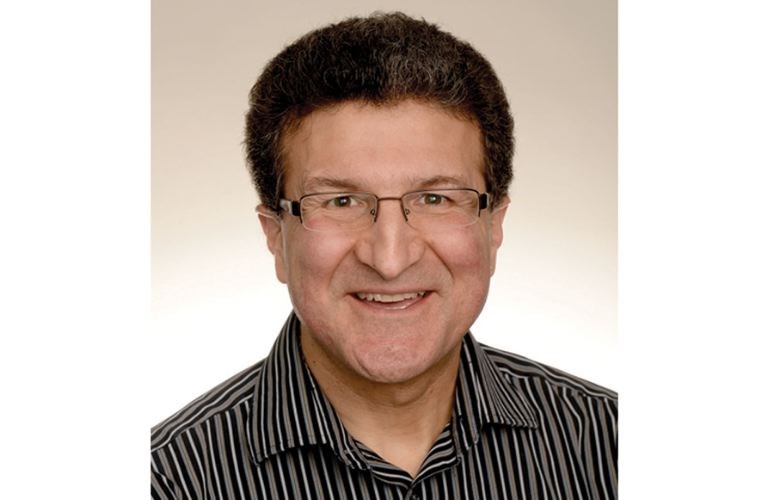Eleanor Roosevelt said, "No one can make you feel inferior without your consent."
We can look at this statement and say, "That's easy for her to say, she doesn't have my life!" In actual fact, Roosevelt had a difficult childhood, her father was an alcoholic and both of her parents died before she was 10 years old. Her journey to becoming arguably the most influential first lady in American history was not easy, and this makes her statement all the more significant.
We are working hard in schools to teach educators and students to be mindful of their words, to be aware that our negative comments can do great damage to others. That is very important, but we will never be able to eliminate all negative comments, so we also need to give our students tools to be resilient, to embrace the truth of their own greatness, and to choose to never feel inferior.
People who continually put others down do so because they lack confidence themselves. Concentration camp survivor and psychiatrist Viktor Frankl has a powerful example of this in his book Man's Search For Meaning. He was digging outside on a cold winter day when a prison foreman screamed at him, calling him a "lazy, worthless, swine". Suddenly Frankl came to a moment of clarity. Had he been back home in Vienna, this beast of a person would not have even been allowed into the waiting room of his office. Why did he care what this man thought? Frankl knew who he was. In essence he asked himself, "Why would I ever give you the power to make me feel inferior? I know who I am, and I know that you're acting the way your are because there is something wrong with you."
I have long used a wonderful resource published by Jack Canfield (of Chicken Soup for the Soul fame) called 100 Ways To Enhance Self Concept in the Classroom. One exercise asks students to imagine people saying mean things to them and responding, "No matter what you say or do to me, I'm still a worthwhile person." Joel Osteen adds a spiritual dimension and teaches people to say, "Every curse spoken over me is broken, in the name of Jesus." Regardless of the method we use, the impact is the same, we are re-awakened to a moment of clarity as Frankl was in the concentration camp, we embrace our own greatness and realize that the negative words spoken over us are powerless unless we give them power. We realize that they are a reflection of the speaker's self-image, not a reflection of who we are.
In order for students to embrace this truth, however, they need to believe in themselves, they need to be empowered. Children need to know that they are great and that they have amazing gifts to share with the world. The challenge for teachers and educators is to communicate this. If we live lives of integrity and respect for others, if we are generous with our compliments and gratitude, we model this truth for our children and teach them to do the same.



